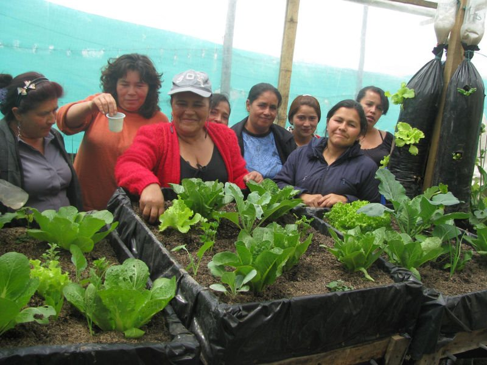Improvement of human security conditions in Soacha through the development of an integrated and sustainable social protection system
Duration: May 2010– May 2013
Budget: US$2,670,613 (UNTFHS: $2,470,613; Co-funding: $200,000)
Implementing Agencies: WHO/PAHO, OCHA, UNICEF, WFP, UNODC, UNIFEM, UNHCR, FAO
Colombia has enjoyed many years of economic growth and democratic stability. Nevertheless, a disaggregated view of the country’s development revealed pervasive disparities between regions and population groups. When formulating the programme, around 3 million people, displaced by nearly 50 years of conflict, faced significant daily hardships. Many settled in informal communities in the municipality of Soacha on the south-western edge of Bogota. Joined by a continuous influx of rural economic migrants, the municipality is one of the largest recipients of internally displaced populations (IDPs) in Colombia. The uncontrolled growth of these settlements contributed to a significant deficit of quality housing, which was further compounded by the impact of natural disasters including landslides.
With a view to improve the human security of the most vulnerable groups in Soacha, the programme aims to (i) protect vulnerable groups in a systematic, comprehensive and preventive way through the participatory design of public policies and the establishment of community groups and follow-up mechanisms; and (ii) improve the living conditions of IDPs and host communities in the 6th Commune of Soacha through community empowerment and improved access to quality basic social services including health care, education, food, nutrition and housing.
KEY MATERIALS
Programme Summary
Programme Presentation
Success Stories
Newsletter (April – June 2012)
Brochure

